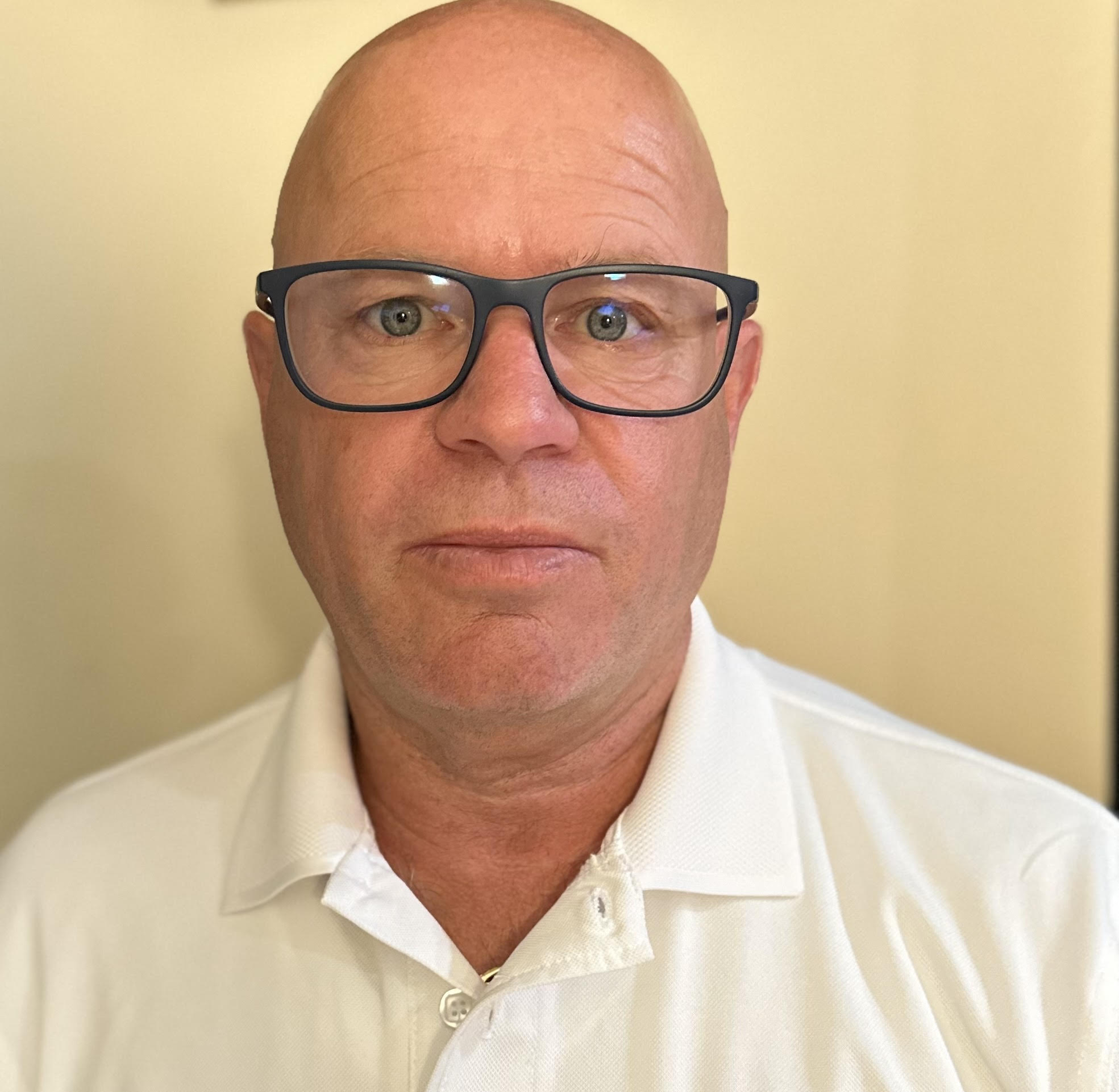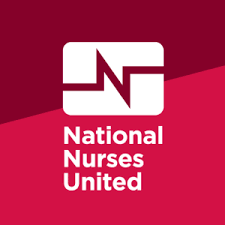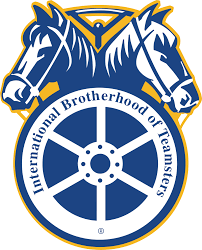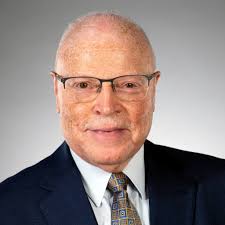New York, NY — The ATU is the largest transit union in North America. ATU transit and allied trade members enjoy the highest wages and benefits in the industry. They are leaders in the fight to ensure safety in mass transit. And they work hard to improve service to riders.
The Amalgamated Transit Union is the largest labor organization representing transit workers in the United States and Canada. Founded in 1892, the ATU today is comprised of over 180,000 members in 268 local unions spread across 46 states and nine provinces. Composed of bus drivers, light rail operators, maintenance and clerical personnel and other transit and municipal employees, the ATU works to promote transit issues and fights for the interests of its hard-working members
Since 1916, Local 726 has represented the Operators, Mechanics, and other titles of the various bus companies that through the years operated local bus service on Staten Island. The Local, under the leadership of Daniel Cassella, president of the union, now represents 2000 employees and retirees of the New York City Transit.
It operates 23 local routes on Staten Island. Two of those routes provide service to Brooklyn and one provides service to Bayonne N.J. Local 726 also operates 22 express routes between Staten Island and Manhattan.
| LaborPress spoke to Cassella to learn more about his history, his initial interest in unions, and how he navigates the complicated dynamics of getting the best for his members. |
LP: What, to you, is key in getting the best for your members?
DC: I was always, even as a youngster intrigued with politics. I always enjoyed politics. I learned from a young age that Democrats are more for working people and unions than Republicans generally were. But, it’s half and half on Staten Island. Half the politicians are Republican, half Democrat. And for me, and my members, it’s about public transit, because that’s why I was elected. Any politician that I speak to, I don’t bring up guns. I tell them, I’m not here about guns. I’m not here about congestion pricing, I’m not here about tolls. I’m not here about drugs. I’m not here about the border. We’re here about public transit, and favorably, on Staten Island, Republicans, Democrats, are all union. They support unions. I’m on the Democratic committee here in Staten Island, but I’m the president of my union. So they find it very odd that I endorse Republicans.
LP: You’re ultimately trying to get the most for your members, and look out for their interests. So it goes beyond political parties.
DC: Absolutely. 100%. And we can we have many politicians that we bring to the board that get interviewed for the endorsement. And first thing I tell them is, just tell us about public transit. That’s what we’re here for. And I don’t let them go on with anything else because it doesn’t mean anything. I’m interviewing about public transit. You’re not gonna please everybody, your members, you know, some of them, the most important thing in their life is the border. Some of the most important thing is drugs, some of the most important thing is the stock market. I don’t bring any of that up. I just tell my members, what they want to do for public transit and leave it at that.
Many of these issues are sore subjects. You know, Staten Island is very unique. It’s the only borough that voted for Trump. A lot of my members are Trumpers, no matter what, even though we got the most funding in the history of the MTA from the Biden administration, and I explained that to my members; it’s how you live is by funding, you know, but it doesn’t matter. And that’s why it’s a very, very touchy subject. And so I have to go around it and the way I go around it is I just tell you who I feel is the best to preserve your family, and your wages and all of that, and right now it’s the Biden administration, and that’s going to be my contention, the next election, same thing. I’ll be saying the same. I’m not going to tell someone to vote for him, but I’m going to tell them what happens if you do vote for him. So that’s the way I operate and I think I’ve been successful so far.
LP: Yes, it seems many union members are Trumpers, – the loss of the blue collar vote for Democrats has been going on for many decades. It seems like they’re not connecting the dots.
DC: They’re not connecting the dots, but, on the flip side of it, unfortunately, I believe there are also some Democrats that don’t do the right thing, as far as being politicians for unions. You know, big talk, they talk a good game, but when it comes to a strike or something you don’t see a lot of [them] participating in it, or show up about it, which I think is a total disgrace. You want to accept money from the unions, and then when they go on strike, [nothing], right? To me, you should not have to call them. They should be there automatically. If you have to call them, then to me, that’s a disconnect.
SK: And your own union journey, how did that begin?
DC: I would say the 70’s really made me start to get into thinking about unions. I came from a family business – my grandfather’s and my father’s – so it was different and we didn’t have any union workers. I worked there for a little over 20 years. I thought it could use some improvements, for the workers. So I thought that when, where and if I ever had the opportunity to be someone in charge that I could change things and make things better.
SK: When and what was your first union job?
DC: Right after working in the family business, I became a school bus operator. Started in 1992. ATU 1181.1181 is the biggest ATU Local that there is in the International, for us. That started in Brooklyn. I did do some work out here in Staten Island because they had a company out here that, if they were ever short a driver I’d come out here. But primarily I worked in Brooklyn. I worked there ‘til ‘95, and then I applied for New York City Transit, as a bus operator, and got hired in ‘95, and I’ve been there ever since. That was Staten Island. I came to Staten Island right away.
LP: When did you take a position in the union?
DC: I became a shop steward in 1998.
LP: What motivated you to go for that position?
DC: To tell you the truth, there was a couple of guys that were on the executive board that kind of pulled me in. You know, I mean, I always wanted to get involved and they saw that; as a matter of fact, one of the guys here unfortunately, has passed away. He had said to me, he said – I was there maybe six months as a shop steward – when he said to me, ‘You know what? You’re going to be the president of this union one day.’ He says, ‘I know it.’ And, of course he was right. You know, I always had the desire to do it and I love helping people. And to this day, I still — that’s what keeps me sane on the job because I love helping people. I could have retired already. I have the time, I have the age, but I still love what I do. And so long as I feel like I can still help people and they feel like I can help them, I’m going to continue to do it.
LP: You became financial secretary in 2002, and elected president in 2012. What is front-and-center for you in your leadership of the Local?
DC: Well, safety obviously is always paramount with operators. I’m sure you have heard a lot of horror stories – bus drivers getting beat up.
LP: Yes, and getting slashed, spit on, and worse.
DC: Teaming up with TWU a couple of times we were able to both negotiate contracts where we had bus operator shields put in so the bus operator is not exposed to the public. The plastic shields. I feel very satisfied that that happened, because I know, it has cracked down on violence a lot. That’s been about 10 years now. Any bus purchased by New York City Transit must have a shield. That was very good language put in there.
LP: There are laws that specify jail time for assaulting a bus operator. Has that helped at all to your knowledge?
CD: The language is there, maybe not in one of the boroughs, but unfortunately for most boroughs, where it is a felony, it is very rarely pursued. I know for Staten Island — I have a great relationship with the district attorney here. I have two [cases], I have the third now which he’s in court right now. All my members were there. We had about 125 members there. Two of them did get assaulted, and the perpetrators – both of them went to jail. They were both prosecuted, the DEA wouldn’t take a plea deal, and put them both in jail. And that’s what’s going to happen with this third one now. So that case is not finished yet. So even though there is the law, which is a great thing, but just unfortunately I’m gonna say for most boroughs, it’s not pursued. It’s very rarely enacted, if at all, to be honest with you. They plead it down. It’s very rare that they plead down to jail time. They plea it down to a fine. It’s horrible.
LP: How do contract negotiations work for you?
DC: Well, contract wins is a little tough one only because 99% of the time I get what TWU gets. So I kind of don’t negotiate a whole lot. I do negotiate a few minor things besides that, but my contract, my wages, my health benefits, anything like that is all guaranteed through TWU.
LP: What are some things you would like to see happen for your members?
DC: There’s a real big one, which is not just me. It’s probably 90% of the unions, is the Tier 6, to have that fixed for these members, for the new members. It’s totally unfair to them. What they have to pay and not get in return. It’s a new tier of the pension. It’s a whole different tier. They pay a lot more money into the pension fund and they get a lot less in return. Their overtime is not counted. For the other members it is counted. So it’s a big difference, they lose a lot of money. I’m in Tier 4, I’m going to make a lot more money in my pension than these Tier 6 members are going to make.
LP: These are the most recent hirees?
DC: That is correct. Yeah. There are probably more Tier 6 members now than there are Tier 4 members.
LP: Because people retire?
DC: That’s correct.
LP: Who is responsible for this issue of differing pension amounts becoming so prevalent?
DC: Well, the TA contributes to it and the members contribute to it. We both contribute to the pension fund. [These tier differences are] to make sure it stays solvent, I guess.
Then there’s the heart bill, which the police and firemen have – if something was to happen to them while they’re working, heart related, they get a reduced pension. Some of them get three quarters. We don’t have anything like that with Transit. We very rarely, in fact, it’s almost never that we have a person retire on disabilities. It’s very rare. And yet, I know a lot of people who may not think it, but it’s actually a very stressful job. It’s a very stressful job.
LP: If they have a heart condition, they have to retire immediately, regardless of their age?
DC: Yes. So the heart bill would be a great goal.






